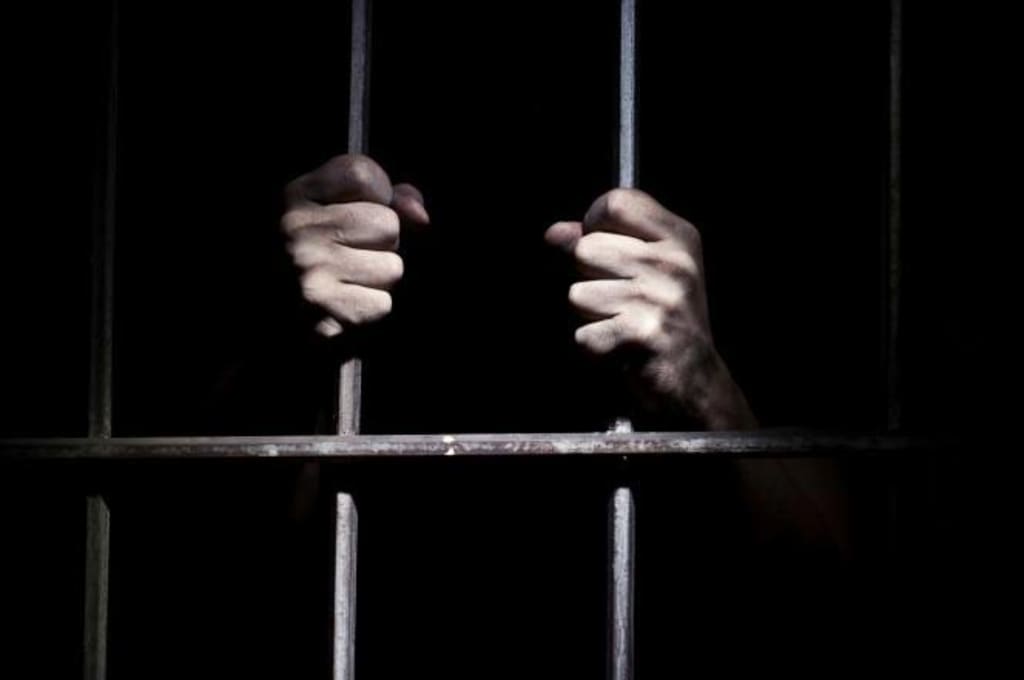
minal
Introduction:
The world of crime and criminal behavior often captures our attention through news headlines and gripping stories. While it is easy to label individuals involved in criminal activities as irredeemable, there are cases where people find the strength to break free from their past and embark on a journey of redemption. In this article, we will explore the transformative power of personal growth, highlighting the stories of individuals who have risen above their criminal past and found a path to a new and fulfilling life.
Understanding the Cycle of Crime:
Criminal behavior is often rooted in a complex web of social, economic, and psychological factors. Poverty, lack of education, substance abuse, and a history of trauma can contribute to the cycle of crime. Individuals caught in this cycle may resort to illegal activities as a means of survival or due to a distorted sense of self-worth. Breaking free from this pattern requires immense determination, support, and opportunities for personal growth.
Recognizing the Need for Change:
The first step towards transformation is the recognition that change is necessary. Often, individuals involved in criminal activities reach a turning point where they realize the damaging consequences of their actions and the toll it takes on their own well-being and the lives of others. This awakening can be triggered by various factors, such as personal experiences, encounters with the legal system, or the support and influence of positive role models.
Taking Responsibility and Seeking Rehabilitation:
Accepting responsibility for one's actions is a crucial aspect of the journey towards transformation. Individuals must face the consequences of their past choices, whether it involves legal penalties or personal restitution. Seeking rehabilitation programs, such as therapy, counseling, or substance abuse treatment, can provide the necessary support and guidance to address the underlying issues that contributed to their criminal behavior.
Education and Skill Development:
Education plays a vital role in breaking the cycle of crime. Obtaining a high school diploma or pursuing higher education equips individuals with knowledge, skills, and a sense of empowerment. Education provides opportunities for personal growth, expands perspectives, and opens doors to new career prospects, reducing the likelihood of returning to criminal activities.
Positive Role Models and Support Systems:
The influence of positive role models and support systems cannot be underestimated in the journey of transformation. Mentors, family members, or community leaders who provide guidance, encouragement, and opportunities for personal growth can be instrumental in helping individuals rebuild their lives. Support groups and community organizations that specialize in reintegration and rehabilitation can provide a sense of belonging and connection during this transformative process.
Employment and Financial Stability:
Stable employment is a critical factor in preventing relapse into criminal behavior. However, individuals with a criminal record often face challenges when seeking employment due to the stigma associated with their past. Employers who are willing to provide second chances and consider the personal growth and rehabilitation efforts of individuals can play a significant role in their successful reintegration into society. Job training programs and entrepreneurship initiatives can also offer alternative paths to financial stability.
Contributing to the Community:
As individuals progress on their journey of transformation, finding ways to give back to the community becomes an important aspect of their healing process. Engaging in volunteer work, participating in community service projects, or becoming advocates for social causes allows individuals to channel their experiences and newfound empathy into positive change. By using their stories to inspire others and prevent future criminal activities, they become agents of transformation within their communities.
Maintaining a Supportive Environment:
Sustaining a supportive environment is essential for long-term success in the transformation journey. This includes surrounding oneself with positive influences, maintaining healthy relationships, and avoiding triggers or negative influences from the past. Continued therapy or counseling can provide ongoing support in addressing any remaining issues or challenges that may arise along the way.
Conclusion:
The transformation of a criminal is a testament to the power of resilience





Comments
There are no comments for this story
Be the first to respond and start the conversation.